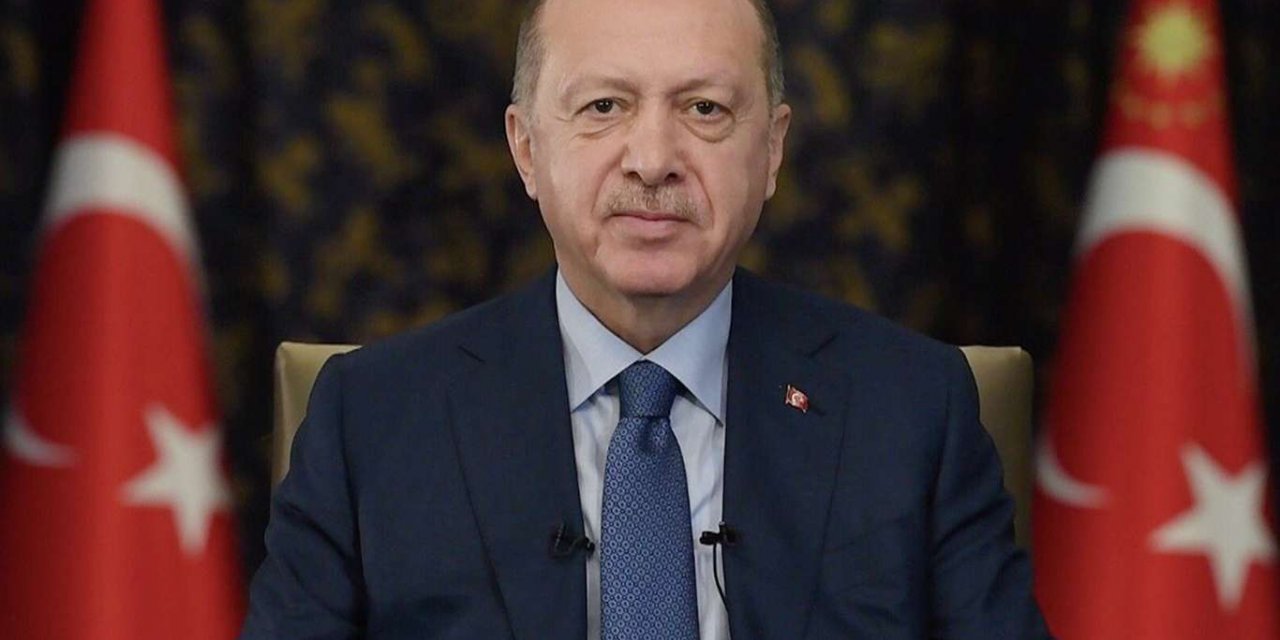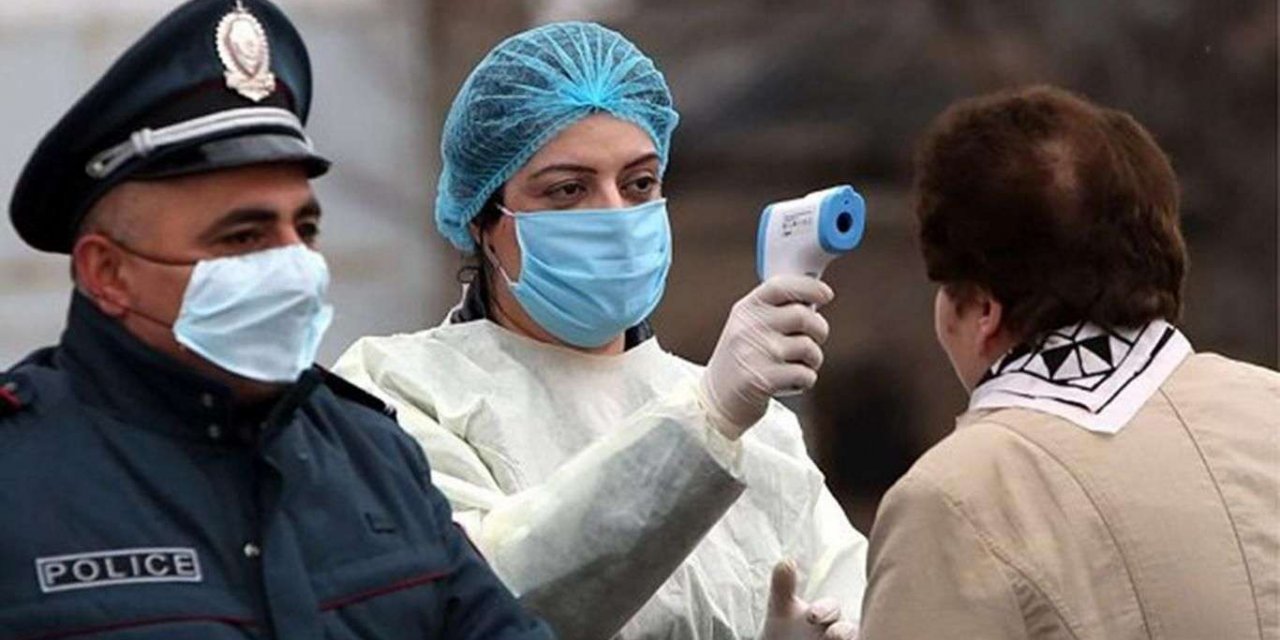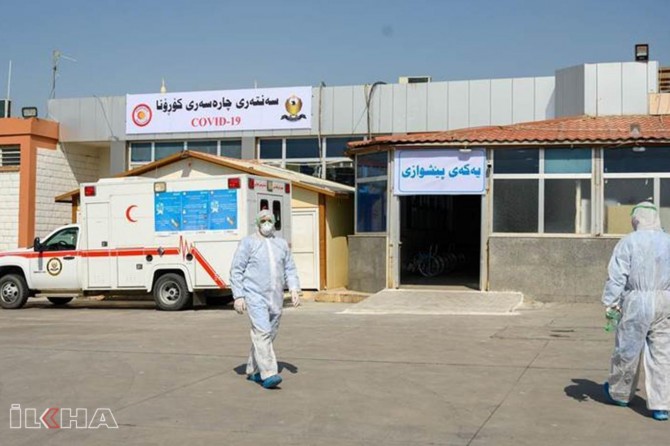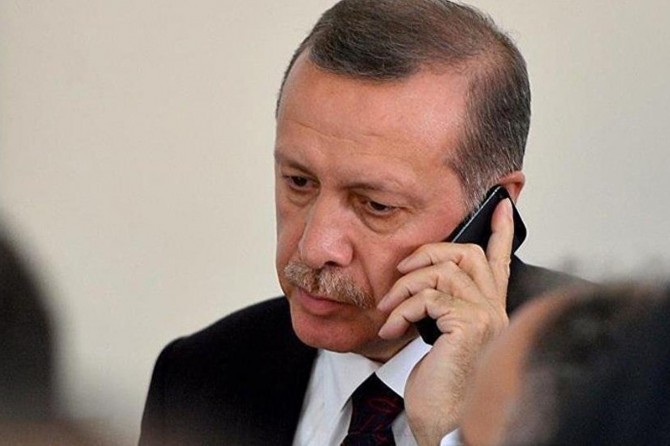
More effective measures should be taken against ethnic and religious racism in Europe
Assessing the hostility growing against Islam in Europe and the ban on veils, which came into force in the Netherlands, HUDA PAR stressed that effective measures should be taken against ethnic and religious racism spreading in the West.
The weekly foreign agenda assessment by HUDA Par headquarters showed a harsh reaction to the ban on veils and burqas, which came into force in the Netherlands.
"Hostility to Islam" has become state policy in European countries, the assessment said.
The external agenda also drew attention to the dimensions of the disaster in Yemen, where one of the world's most severe humanitarian crises is taking place, and to the massacres carried out by the United States and NATO in Afghanistan.
The humanitarian crisis in Yemen
Addressing the humanitarian crisis in Yemen, an external agenda assessment pointed out that epidemics and famine in Yemen, where there has been a civil war since 2015, have taken more lives than attacks.
In the country where the sewage system collapsed, there is not enough access to clean water. Yemen, where 20 million people need humanitarian aid, is experiencing one of the world's heaviest humanitarian crises.
Cholera cases increased 440,000 in the first six months of 2019, while 203,000 of those caught with cholera are children. The number of people who lost their lives due to health problems in 2019 increased 9 times compared to 2018.
Prevent the spread of epidemics is hard due to the difficulty of access to clean water, the collapse of the sewage system and the rains. Only 32 percent of the $ 4.2 billion in aid pledges needed to prevent the spread of epidemics could be collected.
The Yemeni people suffered serious problems due to conflict, disease, and hunger, HUDA PAR said.
The crisis, epidemics, and famine in the country, where tens of thousands of people have been killed and 3.3 million people have been internally displaced due to the intervention of the coalition forces, has taken a different dimension.
Humanitarian aid is not reaching those in need because of the conflicts. Health Control Centers fall short at the point of preventing the progression of epidemics.
In the country, where a proxy war is waged with local elements, the population has faced almost a genocide because of conflicts, epidemics, and starvation.
"Countries that have influence over the warring powers in the country should immediately cease to see the logic of arms and conflict as a method of seeking solutions," HUDA PAR urged.
Calling that the process of dialogue must begin as soon as possible, HUDA PAR suggested that the Yemeni people should not fall victim to the struggle for regional dominance of the competing powers, and access to vital materials such as food, clean water, and medicine should be provided immediately.
Ban on veils and burqas in the Netherlands
HUDA Par stressed that the ban on veils and burqas in the Netherlands was contrary to their constitutions and universal law.
Burqa and veil ban enacted in the Netherlands; those who violate the ban will be fined 150 euros.
The ban, which contravenes the freedom of religion and belief secured by their own constitutions and universal law, has been criticized by human rights organizations.
Pointing out that the ban, which is also in force in France, Denmark, and Austria, HUDA PAR noted that it is a concrete indication that hostility towards Islam in European countries has become a state policy.
The dominance of right-wing populism in European countries has increased discrimination against immigrants and Muslims and caused political pressures on social.
In the Netherlands, where mosques and reception centers for refugees have been the subjected of attacks by some fascist Christian groups while legal sanctions on the assailants are limited to formality and no investigation is opened to any significant part of them.
"The UN's attitude encourages countries that turn hostility towards Islam into state policy"
HUDA PAR underlines the need for more effective measures against ethnic and religious racism in Europe. "The security concerns put forward about the ban on veils and burqas, which came into force, are very simple reasons."
Increase of discrimination and strengthen racist groups in the country now are aimed among the Dutch society, which ranks first to be toleranced towards Muslims in an opinion poll conducted in 2018 on religious minorities in European countries.
These and similar decisions that became state policy, and identify Islam with terrorism will dissociate Muslims in the country from society and undermine their rights and freedoms.
Despite France's ban on burqas and veils, the UN's statement that ‘it is against human rights and freedoms ' further encourages countries that are turning hostility towards Islam into state policy. Measures that are more effective should be taken against ethnic and religious racism in Europe and peaceful reactions should be introduced.
US troops must withdraw from Afghanistan
At least 3,812 civilians were killed or maimed in Afghanistan in the first 6 months of 2019, according to a United Nations report. In the first half of the year, 1,366 civilians were killed and 2,446 wounded.
The number of civilians killed in operations by government and NATO-led forces is up 31 percent compared to last year.
Some 531 Afghans were killed and 437 wounded between January and June 2019 in attacks by the Taliban and other groups identified as opposed to the government.
Operations by government and coalition forces left 717 Afghans dead and 680 injured. U.S. and NATO forces kill more civilians than the Taliban, the report revealed.
The people of Afghanistan, who have been fighting for life in a state of war that has been going on for 18 years, face serious problems with health care, education and the economy as well as the danger of death.
The US, the leading actor in chaos and deaths in the country, continues to block the establishment of domestic peace in Afghanistan.
The United States has gone on a troop increase in the region and chaos has deepened, although it has previously indicated it will withdraw its military forces from the country.
The withdrawal, which is intended to be finished in 2020, appears to depend on coordination between the Taliban and the government.
The government, which has given country security to the United States, must take steps to negotiate with local elements without the United States as soon as possible and initiate the process for the complete withdrawal of foreign powers from the country.
ILKHA









Türkçe karakter kullanılmayan ve büyük harflerle yazılmış yorumlar onaylanmamaktadır.